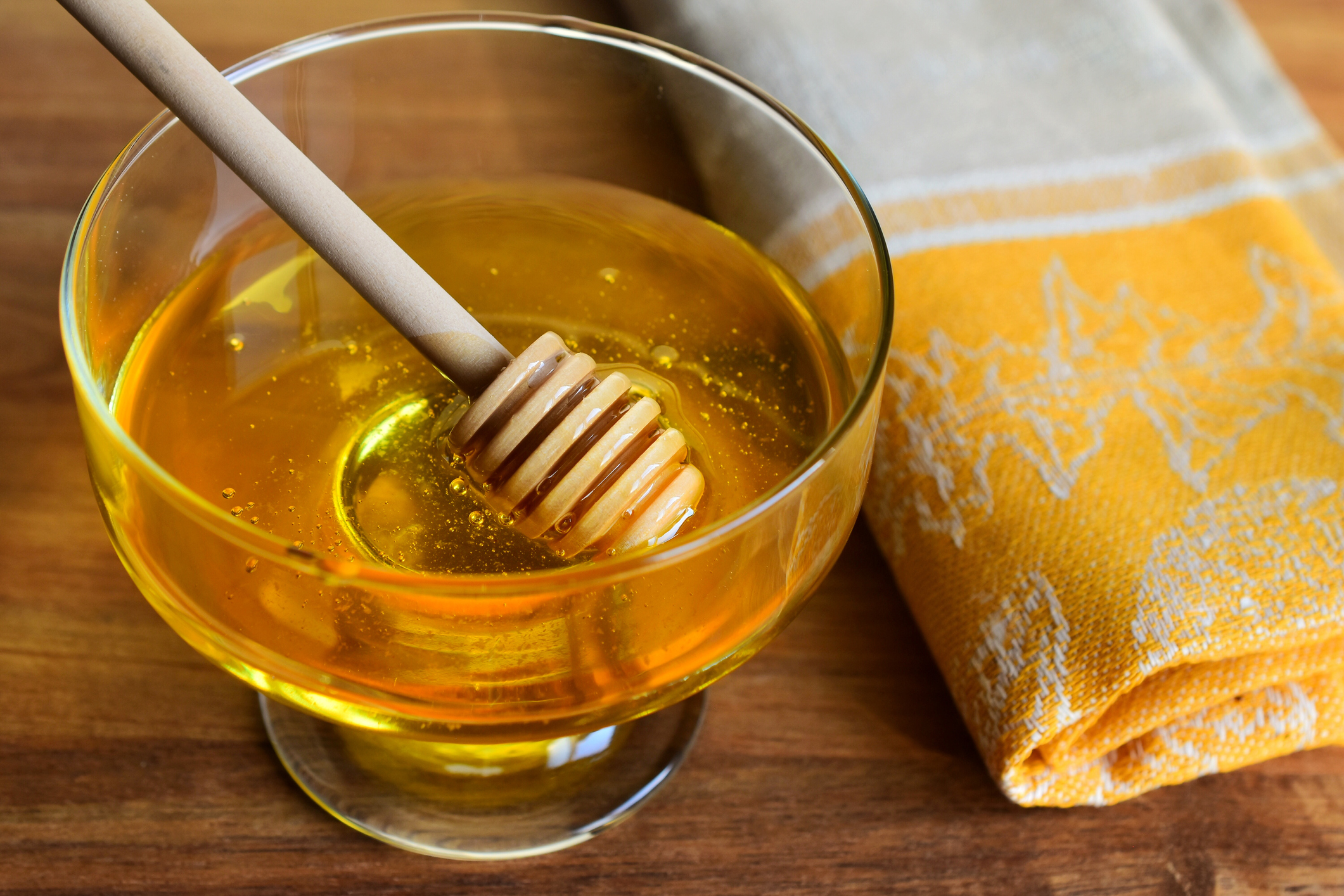

Imagine suffocating on your own mucus.
I’m not talking about your average chest cold or even a stuffy nose or sinus infection.
I’m talking about a genetic disease known as cystic fibrosis.
While CF “only” affects about 100,000 people in the world, it is a terrifying disease.
People with CF are prone to lung infections caused by a bacterium that is resistant to antibiotic treatment.
Fortunately, there’s good news from the British research community: a natural substance that, when combined with an antibiotic, is working wonders to treat CF and improve survival odds and quality of life for people with the disease.
Manuka honey: anti-bacterial, anti-inflammatory wonder
In the world of natural remedies, manuka honey is already a wunderkind of healing. It’s known to heal bladder infections and skin wounds and promote healthy bacterial growth in the gut.
Not your ordinary honey, manuka honey contains anti-bacterial compounds that come from the pollen of the manuka flowers of Australia and New Zealand.
There have been reports of manuka honey acting synergistically with certain antibiotics to prevent the growth of certain antibiotic-resistant bacteria.
And now, British researchers have combined Manuka honey with the antibiotic used against CF lung infections, with some amazing results.
Antibiotics + Manuka honey spells relief with fewer side effects
Scientists at Aston University in Birmingham, England, have combined an antibiotic with manuka honey in a treatment that not only kills a highly drug-resistant form of bacteria, but improves the quality of life and life expectancy for people with cystic fibrosis.
Mycobacterium abscessus is a bacterium from the same family of bacteria that causes tuberculosis. But this bacterium causes serious lung infections in people with CF.
Right now, the only treatment is a year of chemotherapy that doesn’t often succeed in curing the infection.
By combining manuka honey with amikacin (the antibiotic of choice for these infections), scientists found that the dosage could be reduced from 16 mcg/ml to just 2 mcg/ml.
This reduction in dosage will potentially save CF patients the ravages of the side effects of amikacin.
Dr. Jonathan Cox, senior lecturer in microbiology at Aston University and study author, had this to say:
“By combining a totally natural ingredient such as manuka honey with amikacin, one of the most important yet toxic drugs used for treating Mycobacterium abscessus, we have found a way to potentially kill off these bacteria with eight times less drug than before. This has the potential to significantly reduce amikacin-associated hearing loss and greatly improve the quality of life of so many patients — particularly those with cystic fibrosis.”
Other healing uses for Manuka honey
Of course, you don’t have to be living with cystic fibrosis to enjoy the health benefits of Manuka honey.
Next time you cut yourself, try slathering some Manuka honey on the wound instead of antibiotic ointment and watch the rapid healing that takes place.
Or if you suffer from chronic bladder infections (or just want to improve your bladder health), try this combination of Manuka honey, apple cider vinegar, lemon juice and hot water.
Manuka honey also works on gingivitis (gum disease) and strep throat.
It really is the unsung hero of natural remedies!
Sources:
Manuka honey could help clear deadly drug-resistant lung infection, research finds —Science Daily
In vitro synergy between manuka honey and amikacin against Mycobacterium abscessus complex shows potential for nebulisation therapy — Microbiology Society
